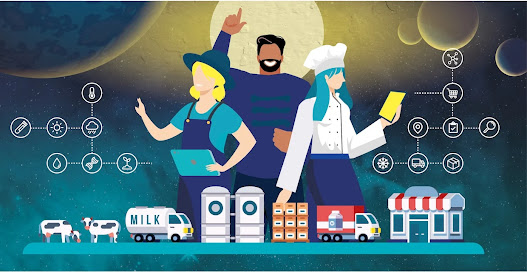
Analog Signal : The Unsung Hero in the Digital Age In a world increasingly dominated by digital technology, analog signals remain an essential cornerstone in various industries and applications. These signals, characterized by their continuous waveforms, are the lifeblood of traditional communication systems, audio recordings, and even modern hybrid technologies. While digital signals offer precision and consistency, analog signals excel in preserving the natural and seamless transmission of data, especially in fields where nuances matter, such as music, voice communication, and certain medical instruments. The Resilience of Analog Analog signals are far from obsolete. Many audio enthusiasts still prefer analog systems like vinyl records and analog amplifiers for their warm and authentic sound quality. Additionally, in applications like radio broadcasting, analog technology continues to play a vital role due to its simplicity and reliability in remote areas where digital systems might...



